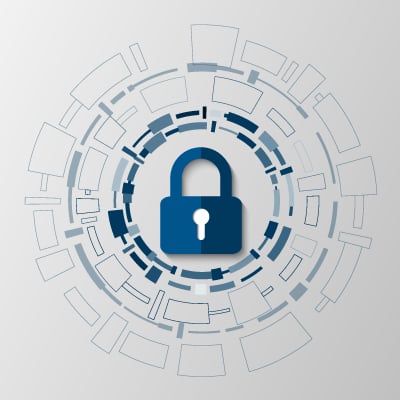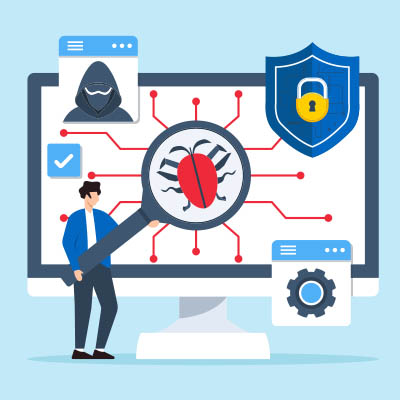Cybersecurity is intensely important, so a business owner would think implementing every security feature and defense would be a good idea. However, as research has shown, this can be counterproductive, as only 67% of surveyed security leaders know what led to cybersecurity incidents in their businesses over the past year.
“I don’t need to worry about cyberattacks… my business is too small to be of any interest.” This brief rationalization is one of the most dangerous fallacies a modern business can make concerning cybersecurity, and shows a fundamental misunderstanding of how modern cyberthreats operate. If this has been your mindset, we urge you to read on so we can help set you on a more realistic path.
Data breaches can cripple companies and can come from a lot of different directions. They can be the result of phishing attacks where your staff unwittingly gives hackers access to your business’ resources. It can come from a brute force attack where hackers use innovative tools to break into your network. It can even be the work of disgruntled employees who use their access to steal company data. This month, we want to outline the top three things you can do to keep your business from being hacked.
When you think of a scammer, you probably think of someone looking to take advantage of someone for their own gain. While this isn’t wholly inaccurate, another variety exists to acknowledge… those who aim to scam the scammers. Let’s consider one such white-hat scammer, or “scam baiter,” a content creator who uses the alias “Kitboga,” Kit for short.
The world’s largest ticket retailer is in hot water after their parent company, Live Nation Entertainment filed an 8-K filing with the Security and Exchange commission admitting that they had been hacked to the tune of 1.3 terabytes of information. That amounts to 560 million customers’ personal information that has been stolen from the company’s servers. Today, we take a look at the hack and what it means for consumers.
- 1
- 2







